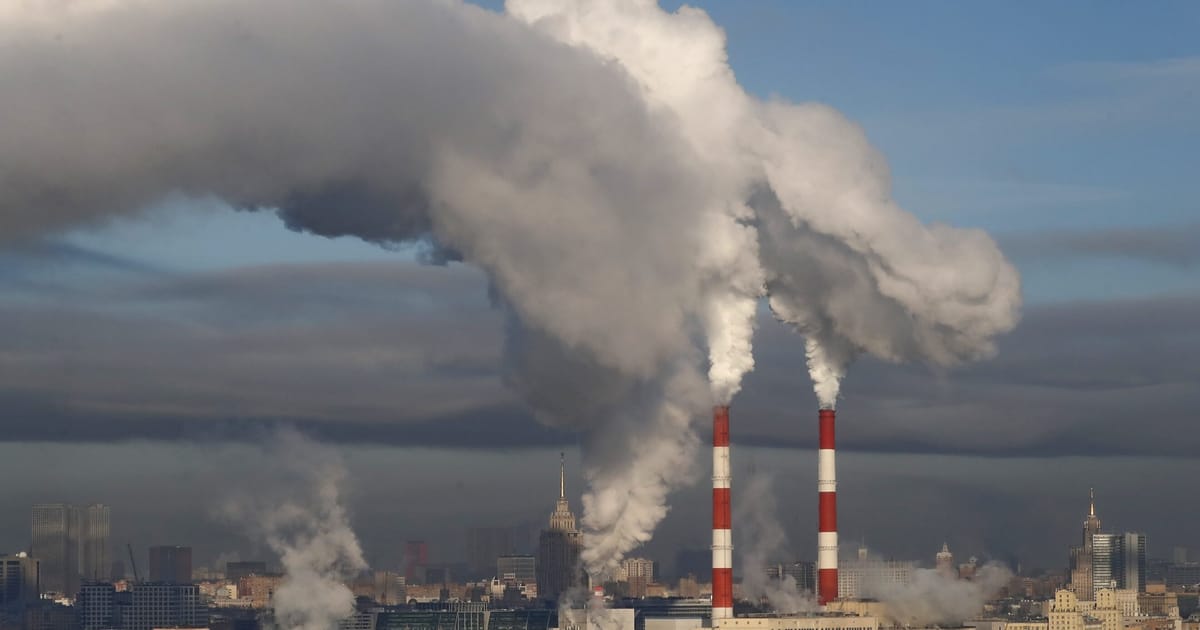From Jan. 1, 2026, the import of natural gas via pipelines or as seaborne liquefied natural gas will be prohibited, except in specific circumstances, which would include short-term contracts struck prior to June 17, 2026. Exceptions are also built into the text for landlocked countries that have struck long-term agreements with Moscow. The terms of the text also leave open the possibility that some European firms could continue importing Russian gas under long-term contracts until Jan. 1, 2028.
In an unprecedented move, gas that arrives in the EU via Russia, such as through interconnection points through Serbia, will be considered Russian gas unless it has clear documentation demonstrating it has originated elsewhere. Countries will also have to publish new “diversification plans” showing how they will end reliance on both Russian oil and gas.
The legal mechanisms were promised as part of the REPowerEU Roadmap on ending reliance on Russian energy last month, which set ambitions for a blanket ban on fossil fuel purchases that fund the Kremlin’s war in Ukraine. Companies will have new requirements to report on the origin of their energy imports, while its sights are also set on nuclear fuel.
At the same time, Brussels has shifted into gear on a range of new sanctions, proposing a moratorium on buying petrol, diesel and jet fuel refined from Russian crude and backing lowering a G7 price cap on its oil from $60 a barrel to just $45.
However, Hungary and Slovakia have continued to buy Russian oil and gas since the start of the full-scale war, and even used what were supposed to be temporary derogations to cash in on cheap supplies. The two Kremlin-friendly governments have voiced fury at the plans to cut them off, threatening to veto key measures if Brussels pushes ahead regardless.
Under the plans presented by Jørgensen on Tuesday, they would be given additional time to exit Russian energy given their comparative lack of progress so far. While these measures are trade and taxation changes, which can be passed by qualified majority vote, both the introduction of new sanctions and the rollover of existing ones will require unanimous support of all 27 countries.
